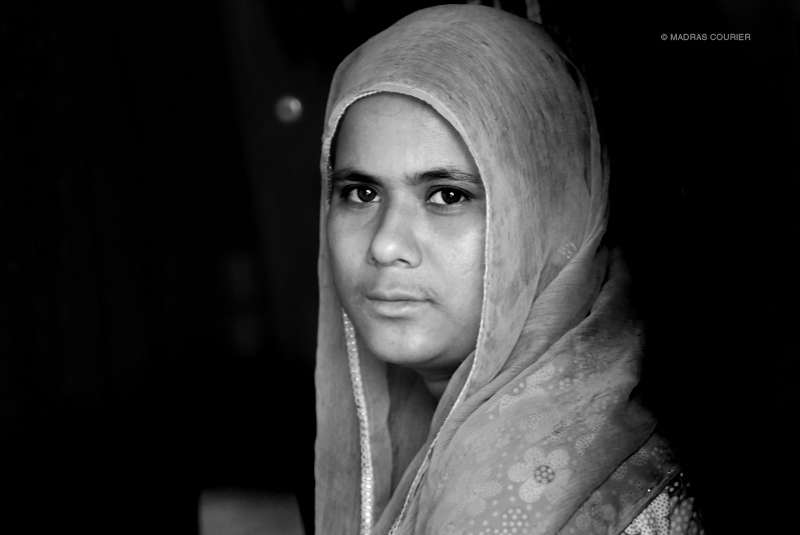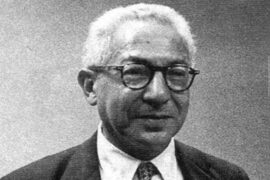1951 was a landmark moment for the rights of refugees when the United Nations General Assembly passed the 1951 Refugee Convention. But India, who had just faced the largest migration in human history, refused to ratify it.
At the time, India seemed to view the UN Convention as an extension of Cold War politics. To India, the 1951 convention seemed to view refugees as those who fled the “non-free world” for the “free world”. Indeed, the 1951 convention allowed nations to choose how they viewed refugees – emerging in Europe or outside of it before or on 1951.
Earlier, Vijayalakshmi Pandit, then India’s ambassador to the United States, Soviet Union and Mexico, said:
Suffering knows no racial or political boundaries; it is the same for all. As international tension increases, vast masses of humanity might be uprooted and displaced.
It was only by 1967 that the UN Protocol Relating to the Status of Refugees was introduced. Decolonization led to millions of refugees outside of Europe and, a wider definition was needed. India, however, abstained from ratifying this too. By this point, India had taken in nearly 80,000 refugees from Tibet, who fled their mountainous country along with the Dalai Lama in 1959.
Copyright©Madras Courier, All Rights Reserved. You may share using our article tools. Please don't cut articles from madrascourier.com and redistribute by email, post to the web, mobile phone or social media.Please send in your feed back and comments to [email protected]











